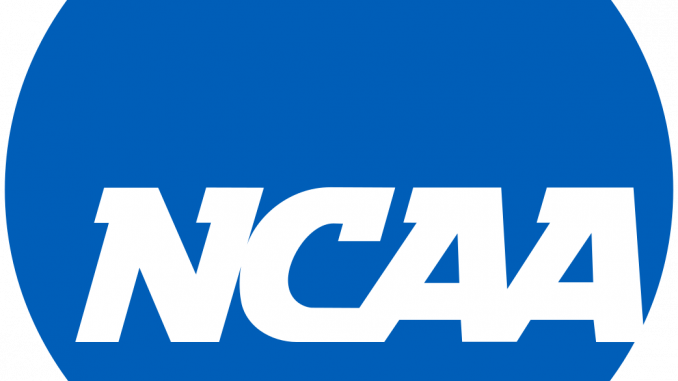
New York State legislators have introduced a new bill that may allow college athletes to be compensated.
Released on Sept. 16, Senator Parker wrote the act in companionship with the “New York Collegiate Athletic Participation Compensation Act,” where the NCAA originally barred athletes from competition if they were to receive any type of compensation during their time as student athletes.
According to Provision 6938 (a) of the legislation, “A college shall not uphold any rule, requirement, standard or other limitation that prevents a student of that institution participating in intercollegiate athletics from earning compensation pursuant to this section, including as a result of the use of the student’s name, image or likeness. Earning compensation pursuant to this section including from the use of a student’s name, image or likeness shall not affect the student’s scholarship eligibility.”
This provision, however, will not take effect until Jan. 1, 2023.
In a Spectrum News interview, Democratic State Sen. Kevin Parker of Brooklyn explained that “economic equity for student athletes in the state of New York is well overdue to be addressed. My bill, I think, is the beginning of a conversation to get us to that place where we are taking care of these student athletes the best way we can.”
Following suit from California, where Gov. Gavin Newsom signed the “Fair Pay for Play” Act into law. As it does not take effect until 2023, this break in time of the legality of the law is because the NCAA needs time to figure out how they will compensate athletes in the future.
This clear understanding nationwide is important, because if the NCAA has guidelines pertaining to the compensation of athletes, then athletic departments in every university will need to be on the same page.
This bill is also very important as it is used “to prevent New York schools from taking away the scholarships or eligibility of any athlete making money from endorsements. It also allows players to use an attorney or agent for business deals without punishment.”
Although the NCAA voted unanimously on the idea of compensating athletes for their images or likeness, the idea that athletes could become employees of the university are halting any change.
If the NCAA collaborates with universities to handle payment, then non-athletes will not feel underrepresented by said universities, and therefore the NCAA isn’t adding fuel to the fire of students who believe athletes receive special treatment.
These decisions have become modernized due to the impact of social media, as collegiate athletics have started branding around their star athletes, who in turn bring funding to their respective universities.
Through this, student athletes will finally be recognized for their hard work and dedication off the field.
The NCAA has a specific stance regarding collegiate and professional sports, as their business model is designed around the definition of amateurism and not allowing payment to athletes (other than when used in athletic scholarships).
In May, the NCAA began to work on their bylaws and how to allow athletes to be compensated while “maintaining its belief that student-athletes are students first,” according to Inside Higher Ed.
Division bylaws must be updated no later than Jan. 1, 2021. According to the NCAA’s current guidelines, “bylaws must enforce that schools treat athletes similarly to students who are not athletes with limited exceptions, prioritize academic and prohibit schools from directly paying college athletes for the use of their name, image and likeness.”
Lastly, the bylaws also state that new guidelines must “protect the recruiting environment,” meaning that no coach or university can coerce a student to attend their university in hopes of earning more money or scholarships.
Ultimately, student athletes work hard day-in and day-out, and it is commendable that the NCAA is finally realizing that the likeness of student’s images should be paid as if they were employed. However, they are always students first.
